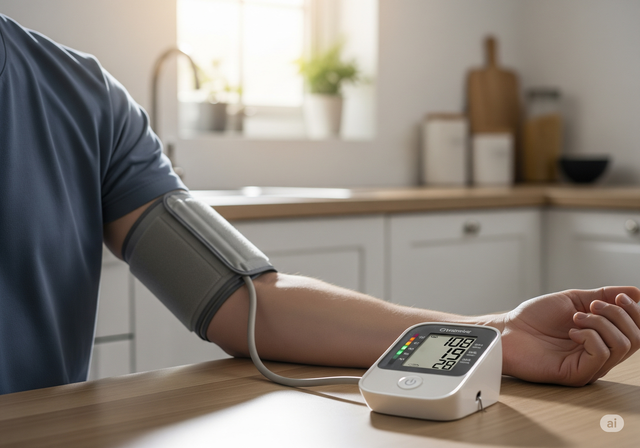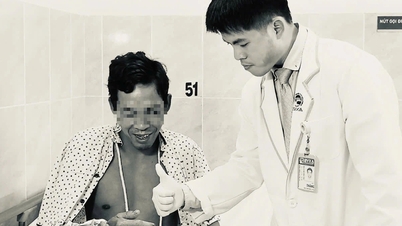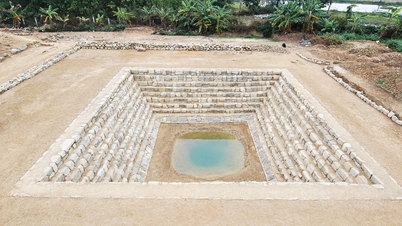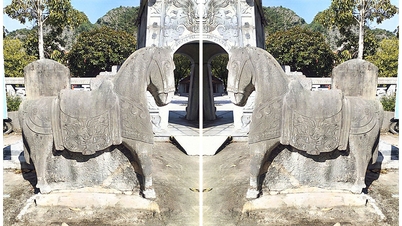The guidelines also have the participation of 12 other medical organizations such as the American Medical Association, the American Geriatrics Society, the American Association of Preventive Cardiology Nurses... and are published simultaneously in medical journals: Circulation, Hypertension and JACC.
“High blood pressure is the most common cardiovascular risk factor, but it is also the most modifiable,” said Daniel W. Jones, MD, chair of the guideline development team. “The new guidelines aim to personalize treatment, allowing for earlier and more effective blood pressure control, which can reduce the risk of heart disease, kidney disease, diabetes, and dementia.”

Even a slight increase in blood pressure can affect memory and cognition.
Illustration: AI
Blood pressure standards remain the same as the 2017 guidelines.
High blood pressure (including stage 1 or stage 2 hypertension) and blood pressure standards remain the same as the 2017 guidelines:
- Normal blood pressure is below 120/80 mmHg;
- High blood pressure is 120-129 mmHg and <80 mmHg;
- Stage 1 hypertension is 130-139 mmHg or 80-89 mmHg;
- Stage 2 hypertension is ≥140 mmHg or ≥90 mmHg.
However, the new Guidance has some adjustments that should be noted as follows:
Early prevention, quick treatment. Lifestyle is central to blood pressure control: healthy eating, salt reduction, exercise, stress management. However, the new guidelines emphasize early intervention with medication when needed can prevent damage to the heart, kidneys, brain, type 2 diabetes and dementia.
Use the PREVENT risk calculator. The new guidelines recommend that doctors use the PREVENT risk calculator to estimate a patient's risk of heart attack, stroke, or heart failure. This tool estimates cardiovascular risk in 10 and 30 years, based on factors such as age, blood pressure, and cholesterol.
In-depth testing. All hypertensive patients should have a urine albumin/creatinine ratio test to assess kidney function.
The aldosterone/renin ratio blood test, which detects primary aldosteronism, has been expanded to include a wider population, especially those with sleep apnea or stage 2 hypertension.
Blood pressure and brain health. New guidelines confirm that high blood pressure is a brain problem. Even mild increases in blood pressure can affect memory and cognition. Therefore, the new goal is to maintain systolic blood pressure below 130 mm Hg to protect brain function and prevent dementia, according to the American Heart Association (AHA).
Individualize drug treatment. For many people with high blood pressure, especially those with diabetes, obesity, or kidney disease, more than one drug may be needed to lower blood pressure to <130/80 mmHg.
Recommended guidelines
Start with medications such as: Angiotensin-converting enzyme inhibitors (ACEi), angiotensin receptor blockers (ARBs), calcium channel blockers, or thiazide diuretics.
If blood pressure remains high after taking one medication, your doctor may increase the dose or add a medication from a different class.
People with blood pressure of 140/90 mmHg or higher should start treatment with 2 drugs at the same time.
People with high blood pressure who are overweight/obese may also be given GLP-1 inhibitors, which treat obesity and diabetes.
Home care plan.
Salt: Limit to less than 2,300 mg/day, ideally less than 1,500 mg/day.
Alcohol: Keep to a minimum.
Stress: Should be controlled by exercise, meditation, yoga, deep breathing.
Weight: Lose at least 5% if overweight or obese.
DASH Diet: Includes lots of vegetables, fruits, whole grains, nuts, low-fat dairy, lean meats, healthy oils.
Exercise: 75-150 minutes/week.
Measure your blood pressure at home: This helps monitor progress and adjust treatment promptly, according to the AHA .
Source: https://thanhnien.vn/huong-dan-moi-cua-my-ve-kiem-soat-huet-ap-luu-y-dieu-quan-trong-gi-185250817235726956.htm






































![[Photo] General Secretary To Lam and National Assembly Chairman Tran Thanh Man attend the 80th Anniversary of the Traditional Day of the Vietnamese Inspection Sector](https://vphoto.vietnam.vn/thumb/1200x675/vietnam/resource/IMAGE/2025/11/17/1763356362984_a2-bnd-7940-3561-jpg.webp)










































































Comment (0)